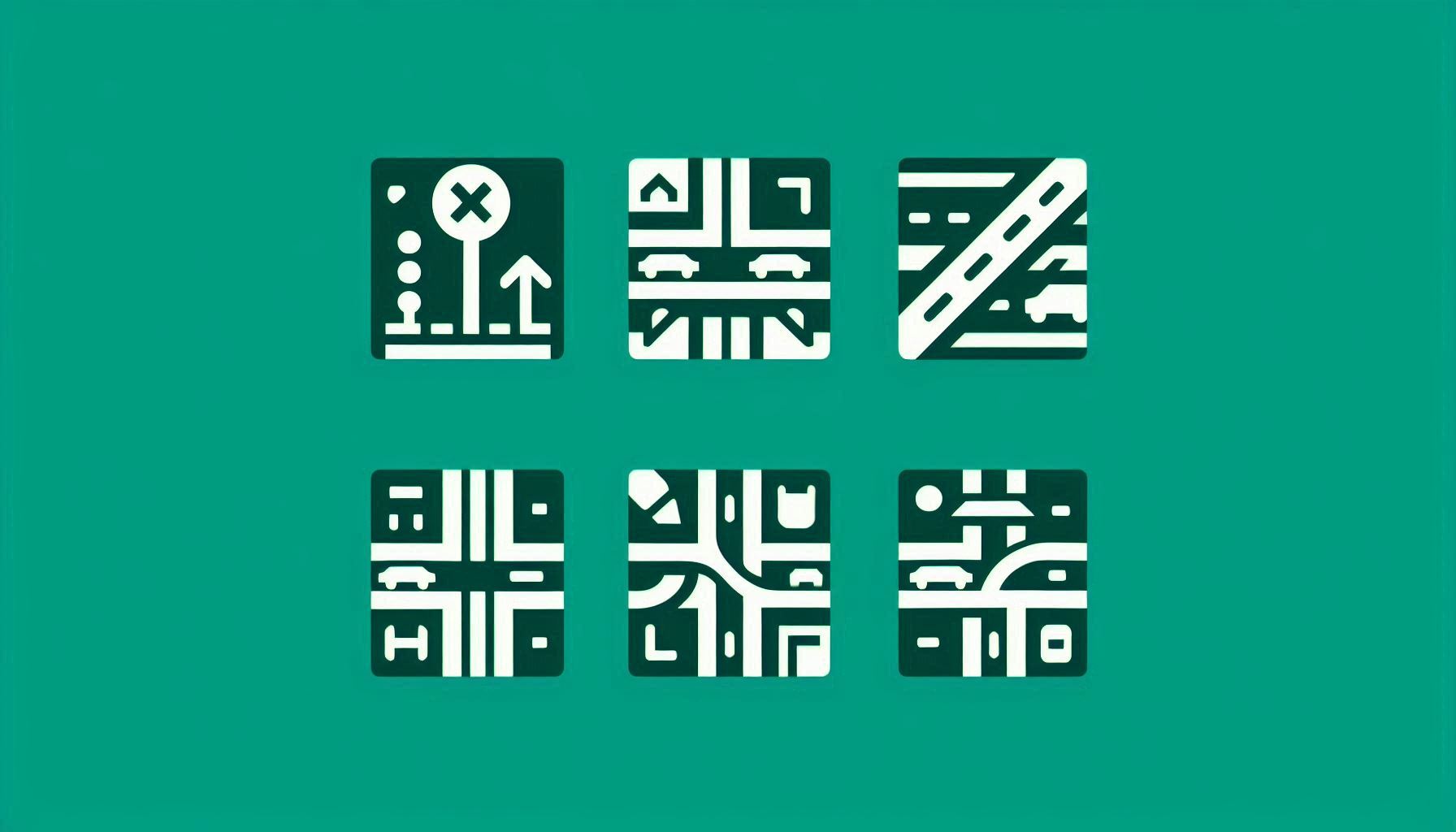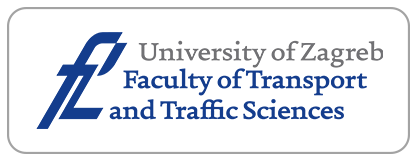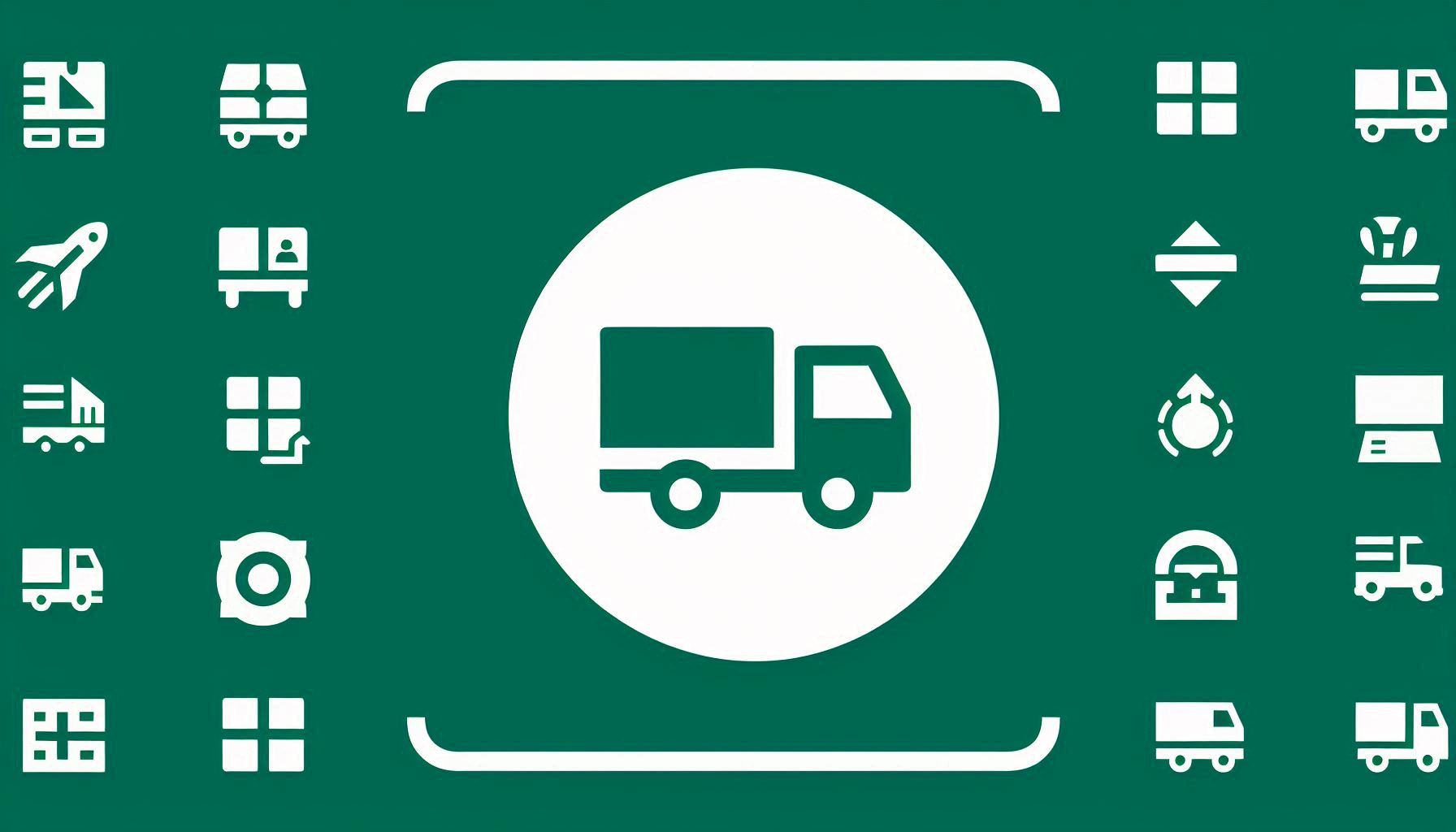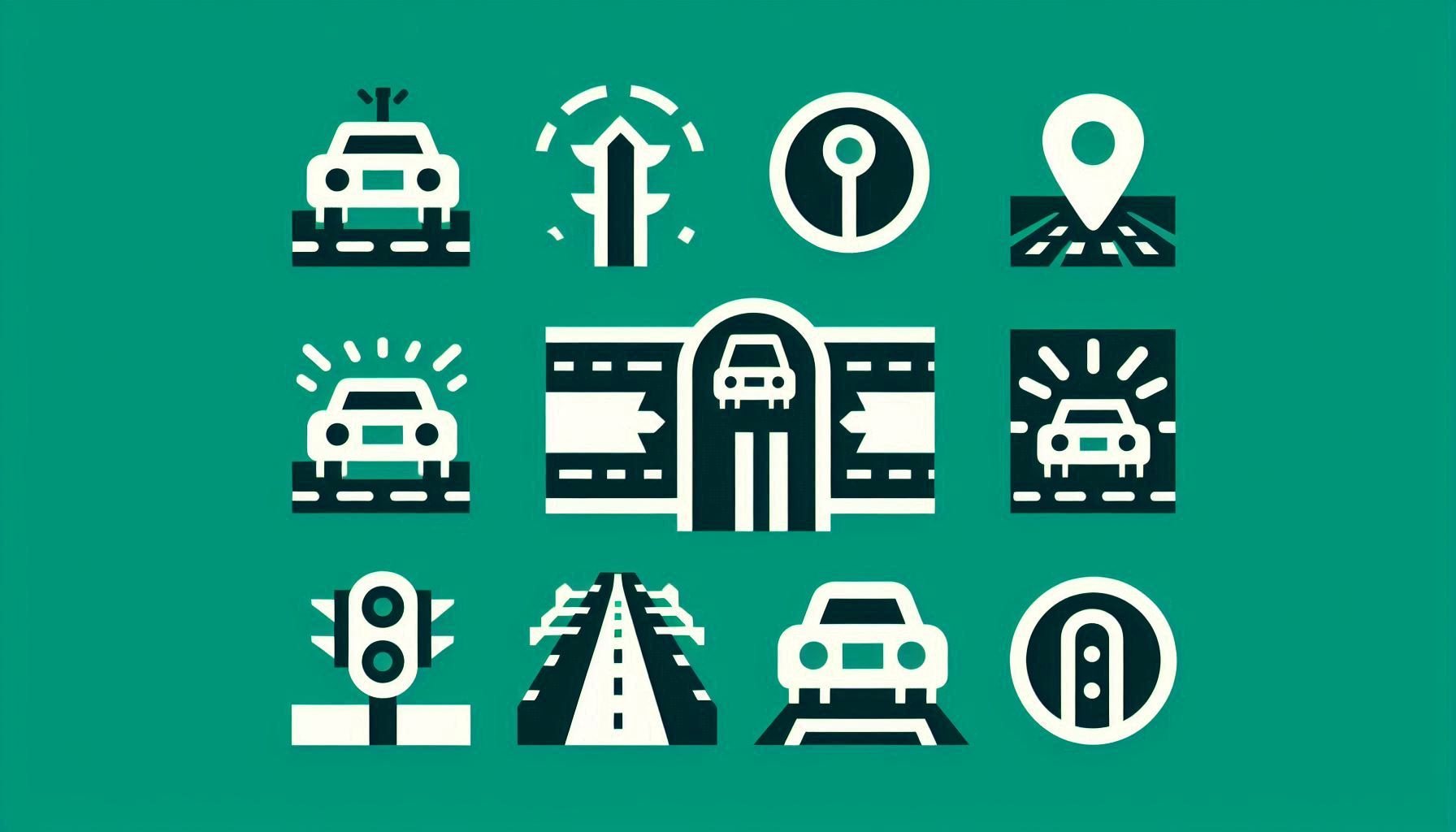Effect of Market and User Characteristics on the Expected Quality of Taxi Service

Downloads
The taxi system is one of the most famous and de-veloped subsystems of flexible passenger transport. To reach the goal of the system achieving maximum produc-tion efficiency, the management focus is directed at users and service quality (SQ). The SQ can have several forms: expected, targeted, delivered, and perceived SQ. We ex-amine the expected SQ, expressed through the users’ at-titudes about the importance of the defined parameters of the SQ, which represent the users’ expectations from the taxi system. The analysis included the data from the conducted studies in three selected taxi systems. The aim of this paper was to determine the effect of market and selected user characteristics on the user expectations, applying the Chi-Square Test. We conclude that the spe-cific market and certain user characteristics affect the user expectations of the taxi system. There is a moderate effect on the employed users, pensioners, and daily users of the taxi system. When it comes to the users who use the taxi system several times a month and week, there is a less significant effect. Other user categories have no sig-nificant correlation with the selection of the parameters of the SQ in the taxi system.
Downloads
Tica S. [Passenger transport systems - Elements of technology, organization and management]. University of Belgrade - Faculty of Transport and Traffic Engineering; 2016. Serbian.
Aarhaug J. Taxis as urban transport. Institute of Transport Economics Norwegian Centre for Transport Research. Report Number 1308/2014, 2014.
ISO 8402:1994. Quality Management and Quality Assurance – Vocabulary. 2nd Ed. ISO; 1994.
IEC-50(191). International Standard, Vocabulary, Chapter 191: Dependability and Quality of Service. 1st Ed. IEC; 1990.
Parasuraman A, Zeithaml VA, Berry LL. SERVQUAL: A multiple-item scale for measuring consumer perceptions of service quality. Journal of Retailing. 1988;64(1): 12-40.
Hensher DA, Stopher P, Bullock P. Service quality – developing a service quality index in the provision of commercial bus contracts. Transportation Research Part A: Policy and Practice. 2003;37(6): 499–517. doi: 10.1016/S0965-8564(02)00075-7.
QUATTRO - Quality Approach in Tendering Urban Public Transport Operations. Luxembourg: Office for Official Publications of the European Communities; 1998.
Filipovic S, Tica S, Zivanovic P, Milovanovic B. Comparative analysis of basic features of the expected and perceived quality of mass passenger public transport service in Belgrade. Transport. 2009;24(4): 265-273. doi: 10.3846/1648-4142.2009.24.265-273.
Nicholls D. Competition and Regulation – Current Trends in the Taxi Industry. Australian Taxi Industry Association; 2011.
Noble AW. The effectiveness of local government regulation of the taxi trade. PhD thesis. University of Birmingham; 2013.
Cooper JM. Taxi Licensing, Regulation and Control - An analysis of taxi supply in medium sized UK cities. PhD thesis. Napier University, Edinburgh; 2007.
Seymour D. Regulation and design of taxicab markets. PhD thesis. Boston University; 2015.
Salanova Grau JM. Modeling of taxi cab fleets in urban environment. PhD thesis. Universitat Politècnica de Catalunya (UPC); 2013.
Wong K. A network equilibrium approach for modeling urban taxi service. PhD thesis. University of Hong Kong; 2002.
Butkevičius J, Juozapavičius A. The methodology of modelling taxi rank service. Transport. 2003;18(4): 153-156. doi: 10.3846/16483840.2003.10414087.
Harding S, Kandlikar M, Gulati S. Taxi apps, regulation, and the market for taxi journeys. Transportation Research Part A: Policy and Practice. 2016;88: 15-25. doi: 10.1016/j.tra.2016.03.009.
Wong RCP, Szeto WY. An alternative methodology for evaluating the service quality of urban taxis. Transport Policy. 2018;69: 132-140. doi: 10.1016/j.tranpol.2018.05.016.
Alonso B, Barreda R, dell’Olio L, Ibeas A. Modelling user perception of taxi service quality. Transport Policy. 2018;63: 157-164. doi: 10.1016/j.tranpol.2017.12.011.
Shah WS, Indhumathi T. A study on customer satisfaction with cab drivers’ service quality at gladwin cabs PVT. LTD. Emperor Journal of Economics and Social Science Research. 2019;I(5): 9-16. doi: 10.35338/EJESSR.2019.1502.
Luke R, Heyns G. Measuring commuters perceptions of service quality of minibus taxi services in the city of Johannesburg. 11th International Business Conference (IBC 2017) 24-27 Sep. 2017, Dar es Salaam, Tanzania. Potchefstroom: North-West University; 2017. p. 748-757.
Mensah I, Ankomah P. Service quality and satisfaction among commuters in the Accra metropolitan area. Journal of Aussie-Sino Studies. 2018;4(4): 1-9. https://www.researchgate.net/publication/331558354.
Tverdokhlebova MV, Rozhkov AG. Customer satisfaction factors on the Moscow taxi market. Preprints. 2019. 2019120175.
Abdirahman AH. Service quality practices and customer satisfaction in taxi companies in Nairobi. A research project submitted in partial fulfilment of the requirements for the award of degree of master of business administration in operations management. School of Business, University of Nairobi; 2016.
Sitinjaka TA, Djakfarb L, Wicaksonoc A. Analysis of online-taxi service quality and passenger satisfaction. IOP Conf. Series: Materials Science and Engineering. 2020;852: 012059. doi:10.1088/1757-899X/852/1/012059.
Brown A, La Valle W. Hailing a change: Comparing taxi and ridehail service quality in Los Angeles. Transportation. 2021;48: 1007-1031. doi: 10.1007/s11116-020-10086-z.
Ziyad A, Rehman ZU, Batool Z, Khan AH. Influence of service excellence on consumer satisfaction of ridesharing industry. International Journal for Traffic and Transport Engineering. 2020;10(4): 468-481. doi: 10.7708/ijtte.2020.10(4).06.
De Miguel Molina M, De Miguel Molina B, Catalá Pérez D, Santamarina-Campos V. Connecting passenger loyalty to preferences in the urban passenger transport: Trends from an empirical study of taxi vs. VTC services in Spain. Research in Transportation Business & Management. 2021;41: 100661. doi: 10.1016/j.rtbm.2021.100661.
Nguyen-Phuoc DQ, et al. The formation of passenger loyalty: Differences between ride-hailing and traditional taxi services. Travel Behaviour and Society. 2021;24: 218-230. doi: 10.1016/j.tbs.2021.04.006.
Nguyen-Phuoc DQ, et al. Factors influencing customer's loyalty towards ride-hailing taxi services – A case study of Vietnam. Transportation Research Part A: Policy and Practice. 2020;134: 96-112. doi: 10.1016/j.tra.2020.02.008.
Tica S, Živanović P, Bajčetić S. [Passenger transport technology]. University of Belgrade, Faculty of Transport and Traffic Engineering; 2021. Serbian.
Dell’Olio L, Ibeas A, Cecin P. The quality of service desired by public transport users. Transport Policy. 2011;18(1): 217-227. doi: 10.1016/j.tranpol.2010.08.005.
Bajčetić S, et al. Analysis of public transport users’ satisfaction using quality function deployment: Belgrade case study. Transport. 2018;33(3): 609-618. doi: 10.3846/transport.2018.1570.




















